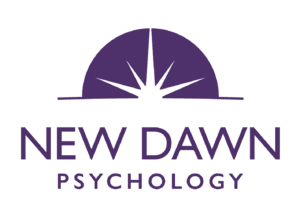🚩Have you heard of the AMYGDALA HIJACK?
The fight or flight response is activated by the amygdalae – two almond-shaped structures, no bigger than a couple of cubic centimetres, each located near the centre of our brain in the temporal lobes 🧠.
The amygdalae decide whether external stimuli like sights and sounds are potentially dangerous☠️. If they detect a threat, the fight-flight response is triggered 🎬. This is known as an ‘amygdala hijack’.
When the amygdalae detect a threat, our thinking 💭power is disrupted – it’s like losing 10 to 15 IQ points temporarily. This is because the hijack causes us to focus solely on the threat ☠️. It makes sense that we don’t stop to think rationally and problem-solve when we’re fighting/fleeing for our lives!
‼️HOWEVER….
Our amygdalae can’t tell the difference between ACTUAL physical dangers that threaten life and limb and PERCEIVED emotional threats such as work stress, financial hardships, and conflict.
Therefore, we sometimes react in an intense, emotional way that may be out of proportion to the situation we’re in💥. Unable to access our rational and problem-solving abilities during an amygdala hijack, this is when we may wonder ‘What was I thinking?’ when the dust starts to settle 🤔. The answer is: you weren’t!
🤯 We’ve all been there. The impact of outbursts can damage careers, reputations and erode respect. Trust is broken and relationships are damaged, often leaving the person suffering the hijack trying to justify their inexplicable behaviour – ouch!😬
☀️ THE GOOD NEWS IS….
🧐 We can prevent ourselves from overreacting to stressors by changing our perception of certain situations so that they are not seen as stressful in the first place.
🚀 Studies show that perceiving certain experiences – such as final exams – as demanding rather than dire protects us from the corrosive effects of stress while still delivering its positive effects, such as focused attention and speedier information processing.
✨ Changing the stress mindset not only minimises the harms of stress, but it also enhances performance and productivity.
Amygdala Hijack
- Dr. Dawn Sant

